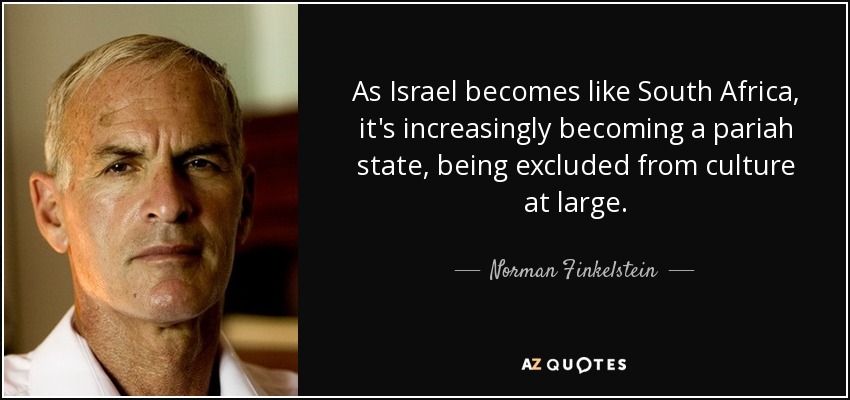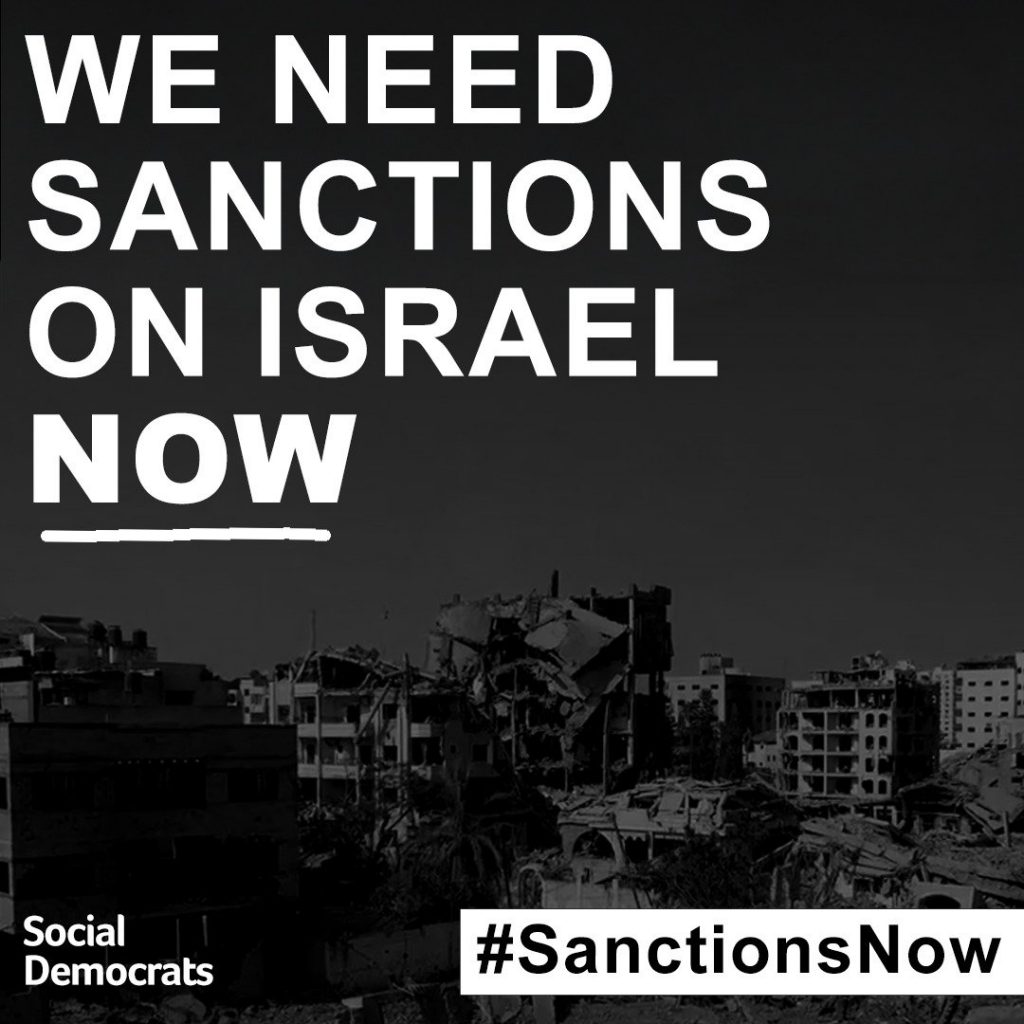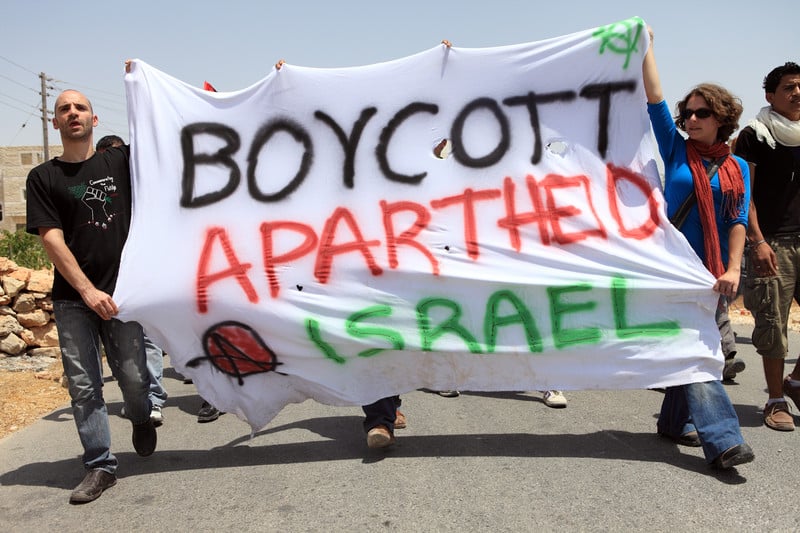By Haydar Oruç
Israel’s massacre and genocide in Gaza has lasted eight months. The whole world has been watching the Israeli atrocity for 234 days and has remained speechless in the face of this brutality.
Until now, we have always asked:
-What is the world waiting for to stop Israel?
-Who and how can stop Israel?
There were different views on this issue. Some thought that “only the United States can stop Israel”, and others that “only the Israeli people can put an end to the lawlessness of their government”.
In fact, both options were correct.
Yes, the US had the power and could stop Israel. But wasn’t it the US that made Israel so unruly, that made it immune from international law?
How then was the US administration going to rein in the monster of its creation? Or did it really want to rein it in?
We are confused about this. Because different voices are coming from the US administration. Unfortunately, when we look at what the White House, the State Department, and the Pentagon say, we see that the US does not have a single Israel policy and that each institution has a different position.
This is in Israel’s favor and it is able to somehow get out of its rare straits.
In other words, under these circumstances, we can discard the narrative that the US is the only power that can stop Israel.
We have to say that the Israeli people, which we refer to as the other power, also have some limitations in terms of preventing the ongoing massacre.
In fact, the streets of Israel have long been protesting against Netanyahu and his far-right government. At first, the protests demanded Netanyahu’s resignation due to the corruption cases against him, but from early 2023 onwards, they began to demand the cancellation of the judicial reform law, which was seen as the government’s plan to take over the judiciary instead of solving economic problems.
Finally, there has been criticism of the government’s failure to do enough to rescue the hostages seized by Hamas on October 7, and for continuing attacks and causing the deaths of hostages instead of reaching an agreement to rescue them.
Every Saturday, protesters fill the streets of Tel Aviv and other cities, calling on Netanyahu to resign and calling on him to lead the country to early elections, but so far their demands have not been met.

This is because the communities taking to the streets remain in the minority. Even though polls suggest that Netanyahu will bid farewell to the prime ministership in a possible snap election and that the opposition center parties have the majority to form a government, there is still a considerable nationalist-conservative base behind the Israeli government.
When we look at what they want from the government, we see that instead of a possible ceasefire or a hostage swap deal that could lead to the rescue of the hostages, they want the Gaza operation to continue and Hamas to be completely eliminated.
Therefore, for the time being, it is unlikely that Netanyahu will be stopped by the hostage relatives we see on the streets every day and the left-wing opposition, which is dissatisfied with the government’s actions and wants early elections immediately.
Now that we have realized that the only two options to stop Israel have failed, it seems that a new path must be taken.
In fact, we realized that this option had been around for some time, albeit in different forms. However, we did not realize how widespread it would become and how much more effective it would be than the previous two options.
Yes, as you might have guessed, this option is “international isolation against Israel”.

Although many of us are not familiar with the concept, it was this that led to the fall of apartheid in South Africa.
Just as at that time South Africa was expelled from all international organizations, diplomatic relations were severed and sanctions were imposed to punish the apartheid regime, today it seems the only way out is to apply a similar practice to Israel.

In fact, some recent developments show that a similar trend is emerging and spreading rapidly in different parts of the world, particularly in the US and other Western countries.
The most prominent of these has been the campus protests at universities in the US. The protesters demanded that their universities not support Israel in this process and stipulated that no Israeli institutions or companies, including universities, should be associated with Israel.
After the US, the campus protests spread to Europe and are still going on at a great pace. Although Israel did not attach much importance to these protests at first, it has come to see them as a matter of national security, but despite all its dirty attempts, it has not been able to prevent them.
Some describe this process as a “global intifada” and others see it as a “mobilization of the global conscience”. My prediction, as I have stated in previous articles, is that there will be an end to the domination of Israel and the Jews over the United States “American Spring” is that it’s getting closer.
Given that the most tangible thing that would facilitate and accelerate international isolation of Israel would be an international court ruling, the genocide case brought by South Africa against Israel in the International Court of Justice is/will be very useful.

In fact, even the interim decision announced on January 26, 2024, even before the court had delivered its final judgment, imposing certain injunctions against Israel, impressed some countries, which subsequently began to make statements of intervention in the case alongside South Africa.
So far, more than 50 countries have declared their support for South Africa, while Colombia, Nicaragua, Ireland, and Libya have officially applied to intervene in the case, and Turkey and Egypt have officially announced their intention to do so. More countries are expected to intervene in the case, to expand the isolation of Israel.
Moreover, after the court’s interim ruling, Turkey first imposed trade restrictions on Israel and then cut off trade completely, forcing Israel to comply with international law and demanding an immediate ceasefire in Gaza.
The ban on the sale of F-35 spare parts to Israel by a Dutch court following the International Court of Justice’s interim ruling against Israel is another example of international isolation.
Similarly, Canada and Italy’s suspension of arms sales to Israel can be seen as steps to isolate Israel.
One of the important thresholds in this process was the US announcement that it was halting the delivery of some ammunition to Israel, especially after the launch of the operation against Rafah despite its promises.

Likewise, the imposition of sanctions on Israel by the US, even if it was a half-hearted one, relieved the hands of many countries that had so far refrained from doing so because of the US, and paved the way for new sanctions.
The latest example of Israel’s international isolation came on the night of May 11 at the 68th Eurovision Song Contest in Malmö, Sweden.
Although the organizing committee rejected the demands to ban Israel from the competition, the booing of Israeli singer Eden Golan on stage could not be prevented. In addition, thousands of people gathered outside the hall to protest against Israel and demand a boycott of Israel.
In addition, Belgium’s VRT television cut the broadcast when it was the Israeli singer’s turn to perform and protest against Israel.
In fact, despite being banned by the committee, many participants unfurled Palestinian flags in the hall and made speeches in support of Gaza when the floor was open to them.
As we have seen, Israel is now a “pariah state”. As such, it has become a burden for the countries that have so far supported it unconditionally. This situation is not sustainable.

It is unacceptable for a country that was itself a victim of the Holocaust to commit the crime of genocide by massacring at least 35 thousand people in Gaza. Whoever did this must be punished by the international community.
The first step to stop Israel should be international isolation, just as was done to South Africa. If, as in the examples above, protests, sanctions, and isolation against Israel are coordinated and brought to a level where all states participate, Israel will not be able to resist its current genocidal policy.
This article was originally published in Diriliş Postası on May 14th, 2024 in Turkish.






